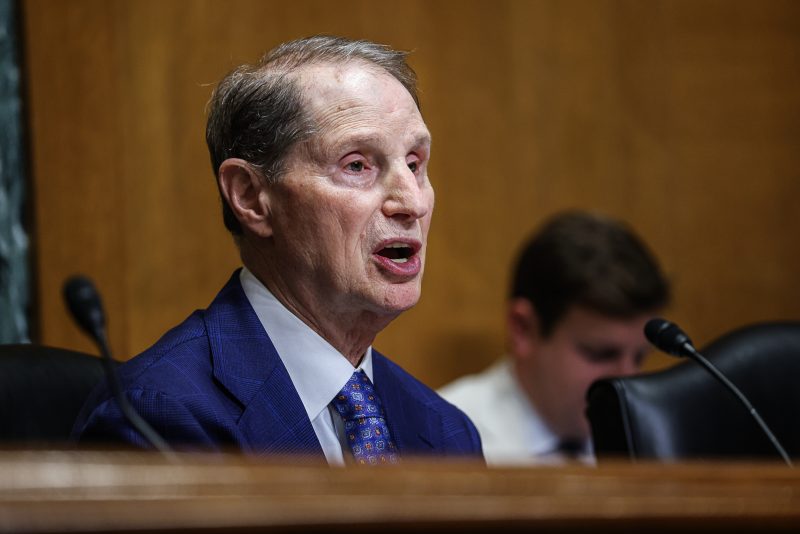
Revolutionary Proposal: Adding Six Justices to Transform Supreme Court
The proposal unveiled by House Democrats to expand the Supreme Court by adding six justices has sparked intense debate and raised significant questions about the future of the highest court in the land. While supporters argue that such a move is necessary to rebalance the court and address perceived ideological biases, opponents view it as a dangerous politicization of the judiciary.
One of the key arguments put forward by proponents of court expansion is the idea that the current composition of the Supreme Court does not reflect the will of the American people. They argue that the court has become increasingly conservative in recent years, due in part to successful appointments by Republican presidents. By adding six new justices, supporters believe that the court will better represent the diversity of viewpoints in the country and ensure a more balanced jurisprudence.
However, critics of court expansion warn that such a move could set a dangerous precedent and undermine the legitimacy of the judiciary. They argue that expanding the court purely for political reasons would erode the independence and impartiality of the judiciary, which are essential for upholding the rule of law. Furthermore, opponents suggest that court-packing could lead to a never-ending cycle of retaliation, as each party in power seeks to manipulate the number of justices to its advantage.
The proposal to expand the Supreme Court is not without historical precedent. In the early 20th century, President Franklin D. Roosevelt attempted to expand the court to gain a more favorable ruling on his New Deal programs. However, Roosevelt’s proposal was met with fierce opposition from Congress and the public, ultimately leading to its defeat. The failed attempt to pack the court left a lasting impact on the judiciary and remains a cautionary tale for those considering similar actions today.
Regardless of one’s position on court expansion, it is clear that the proposal has sparked a much-needed conversation about the role of the Supreme Court in American democracy. The court plays a crucial role in interpreting the Constitution and shaping the legal landscape of the country. As such, any changes to its composition must be carefully considered and debated to ensure that they uphold the principles of judicial independence and impartiality.
In conclusion, the proposal to expand the Supreme Court by adding six justices has ignited a contentious debate that goes to the heart of the balance of power in the United States. While proponents argue that court expansion is necessary to address perceived biases, opponents warn of the dangers of politicizing the judiciary. As legislators grapple with this thorny issue, it is essential that they carefully weigh the implications of any changes to the highest court in the land.
